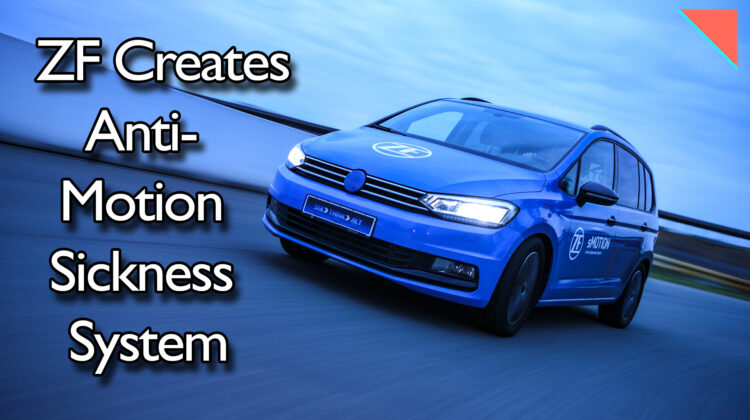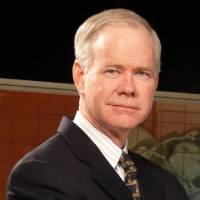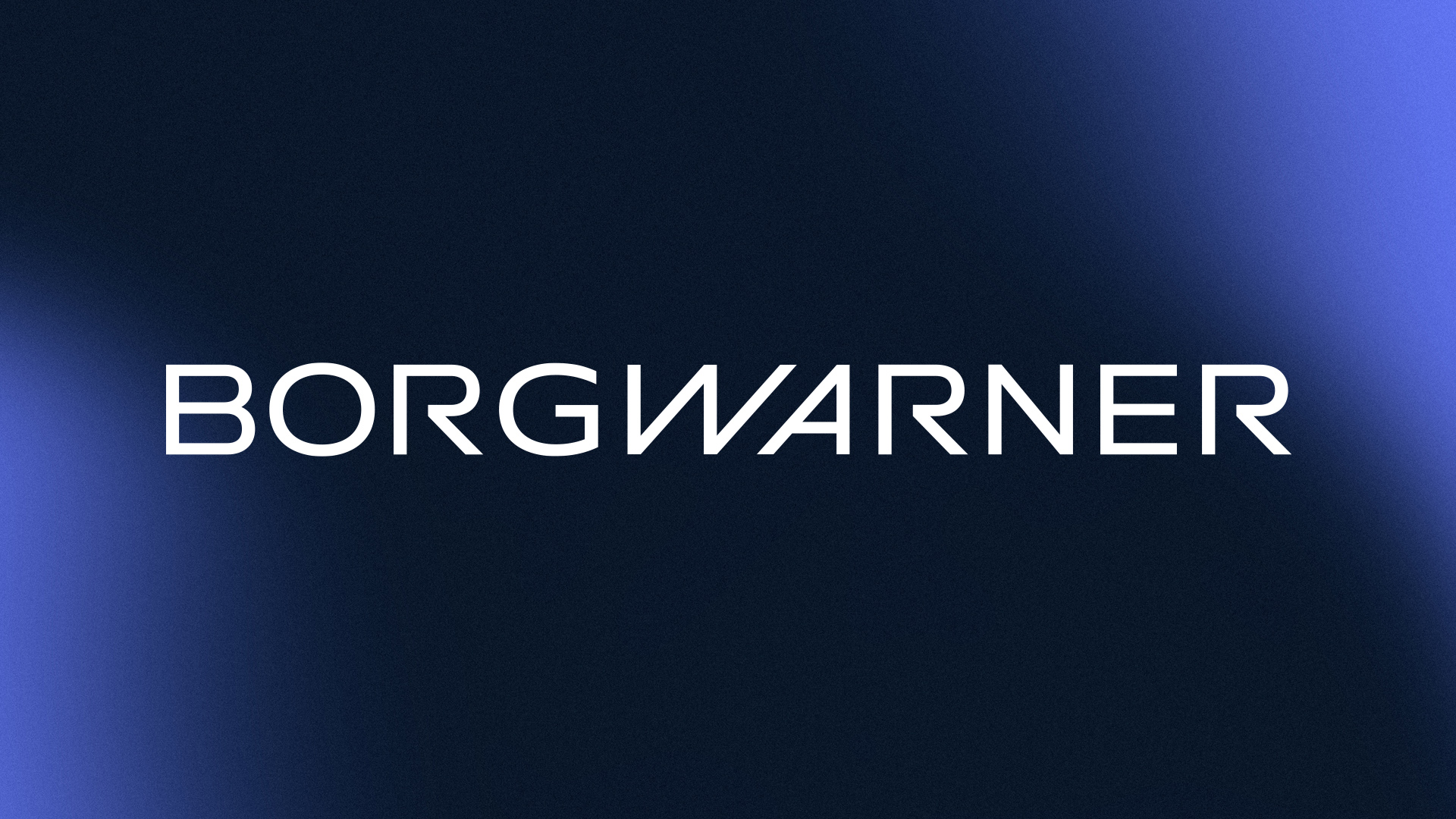
Runtime: 7:37
0:32 FCA Denies Knowledge of Marchionne’s Health
1:06 Hyundai’s Union Eases Up on Demands
1:50 Rental Companies Face Existential Crisis
3:07 Detroit Automakers Report Lower Profits
4:01 Ford Transit Skeletal Chassis Cab Updates
4:32 ZF Fights Motion Sickness
5:54 New Technology Investment Helping Suppliers
Visit our sponsors to thank them for their support of Autoline Daily: Bridgestone , Dow Automotive Systems , Lear Corporation , and ExxonMobil.
On today’s show…FCA denies knowledge of Sergio Marchionne’s health issues…the Detroit automakers are blaming high material costs for profit drops last quarter…and rental car companies face an existential crisis from the booming ride hailing business. All that and more coming right up on Autoline Daily.
This is Autoline Daily the show for enthusiasts of the automotive industry.
FCA DENIES KNOWLEDGE OF MARCHIONNE’S HEALTH
More details on what happened to Sergio Marchionne. The Swiss hospital that was treating him says he was ill for more than a year before he died. FCA denies it had any knowledge of this due to medical privacy. FCA says it first found out about his condition last Friday, when Marchionne’s family members told the company he would be unable to return to work. Reports say that even Marchionne was not sure if this operation was going to cure him. He suffered a blood clot and stroke during the operation to remove the cancer in his shoulder.
HYUNDAI’S UNION EASES UP ON DEMANDS
Korean automakers seem to have the worst labor relations in the world. Hyundai’s union has staged a strike in 26 of the last 30 years. And it’s not as if they’re poorly paid. Most of them make around $82,000. Profits are falling at Hyundai. It just reported its second-worst quarterly net profit since 2012. The union worries that what happened at GM Korea could happen to Hyundai, and so they’re easing up a bit. It recently went on strike, seeking a 5.3% wage increase, but settled for 2.1%. And it reached an agreement in just 2 days, not the 24 it took last year.
RENTAL COMPANIES FACE EXISTENTIAL CRISIS
The ride sharing business is booming and a survey from the consulting company AlixPartners says this could drive the car rental companies out of business. It found that people who rent cars or use ride hailing services, rate the ride hailing experience much better. What they don’t like about renting cars is the laborious process, all the add-on fees, and the limited choice of cars. What they like about ride hailing is the ease of use through an app. AlixPartners says the daily rental companies are facing an existential crisis. It says in the last 12 months alone, 35% of people who rent cars have switched over to ride hailing. This could have a big effect on automakers. In the U.S. market alone, the daily rental companies buy 2 million new cars and trucks a year.
GM sells more cars than Ford, but Ford earns more revenue than GM. And that is coming up next.
DETROIT AUTOMAKERS REPORT LOWER PROFITS
GM, Ford and FCA all posted their second quarter earnings and they all reported a drop in profits. What is interesting though, is that from a revenue standpoint these companies are not too different in size. FCA posted $33.7 billion in revenue. Ford posted $38.9 billion and GM posted $36.7 billion. Notice that Ford brought in more revenue than GM, even though it sold half a million fewer vehicles. For the most part they’re all blaming the drop in profits on higher materials prices, notably steel. And they’re all worried about an anti-American backlash in China because of President Trump’s trade war. That could cripple their car sales there, just like what happened to Japanese and Korean automakers when the Chinese government turned against them.
FORD TRANSIT SKELETAL CHASSIS CAB UPDATES
The Ford Transit skeletal chassis cab has received some significant improvement in Europe and it’s mainly got to do with lowering the floor height. For front wheel drive models, the chassis cab is 100 mm lower, which will aid loading and removes the need for a separate tail lift. There are three separate wheelbase lengths to choose from and are available with a 2.0-liter diesel engine paired to a manual or automatic transmission. The skeletal chassis cab is now available to order in Europe.
ZF FIGHTS MOTION SICKNESS
There’s a concern that people who ride in autonomous vehicles will get motion sickness because they’re more aware of vehicle movement. On an Autoline After Hours earlier this year, Steve Miller, then CEO of interior supplier IAC, said they were looking at how scents and smells might affect passengers. But ZF is taking a different approach. It uses electro-hydraulically controlled dampers to keep the vehicle as level and as still as possible. The system is connected to cameras and sensors on the car, so it can detect road imperfections ahead of time. And each wheel is individually controlled to make sure the passengers feel as little as possible. The road data the vehicle collects can also be sent to the cloud and distributed to other connected vehicles on the road.
As automakers pour billions of dollars into electric and autonomous cars, they don’t want to invest as much in traditional components and that is really helping suppliers. We’ll tell you how right after this.
NEW TECHNOLOGY INVESTMENT HELPING SUPPLIERS
Automakers are investing billions of dollars into developing electric and autonomous vehicles, that means they’re not spending money on components they traditionally built. On Autoline This Week, we’re joined by Bob Pyle, the President of the supplier Dana’s Light Vehicle Driveline, who says that investment in new technology is helping grow his business.
(The ATW preview is only available in the video version of today’s show.)
For more about Dana and its electric driveline business, you can watch that entire discussion right now on our website, Autoline.tv or on our YouTube channel.
But that’s it for today, thanks for watching and have a great weekend.
Thanks to our partner for embedding Autoline Daily on its website: WardsAuto.com

John McElroy is an influential thought leader in the automotive industry. He is a journalist, lecturer, commentator and entrepreneur. He created “Autoline Daily,” the first industry webcast of industry news and analysis.





